Community Economies in the Global South - Case Studies of Rotating Savings and Credit Associations and Economic Cooperation
Shenaz Hossein Caroline & Christabell P.J.
Published in ‘Oxford Academic’
Abstract
People everywhere engage in social and solidarity economics to help themselves, community, and society on their own terms. Through a specific form of mutual aid, we examine the people who conscientiously organize financial cooperatives known as rotating savings and credit associations (ROSCAs) to bring positive changes to their own lives as well as others. ROSCAs are an ancient practice which are well documented, especially among Global Majority people. This book spotlights people in Latin America, Africa, Southeast Asia, and Asia who organize and use ROSCAs, commoning and similar cooperative systems, which are made up of voluntary members who cooperatively make regular contributions to a fund that is given in whole or in part to each member in turn. These collective money structures vary greatly across countries in the Global South, composed of ordinary people belonging to similar class origins. People who take up these systems decide on the rules jointly and in the interests of the collective, the members. The book is organized into case studies, and each case engages with J. K. Gibson-Graham’s community economies theory, as well as drawing on local theories and ideas to recognize distinct cultural contexts. This edited collection is the first of its kind organized by scholars concerned about empirical research, and mostly written by Global Majority scholars and activists to write stories using community economies theories about how people, no matter where they live, do their part to make business inclusive.

